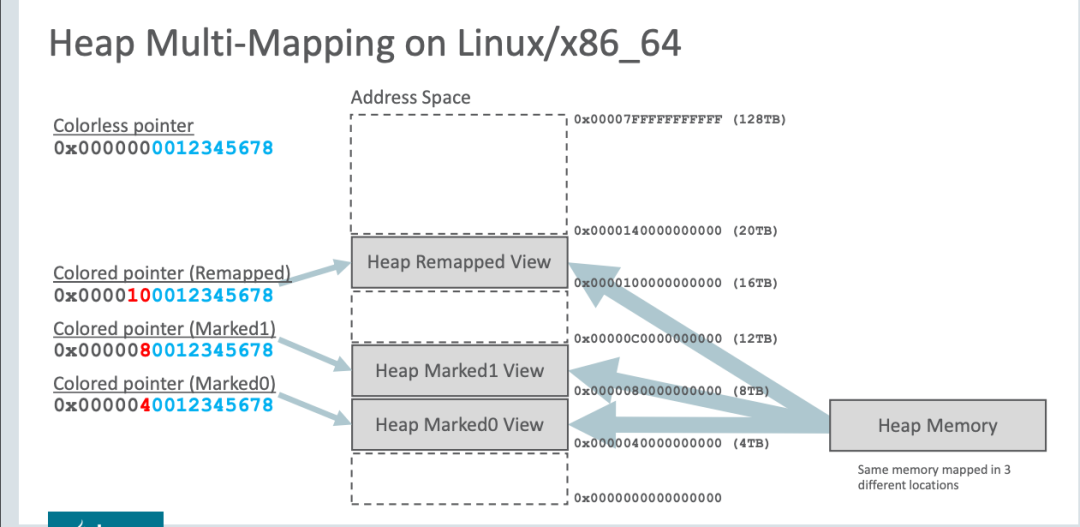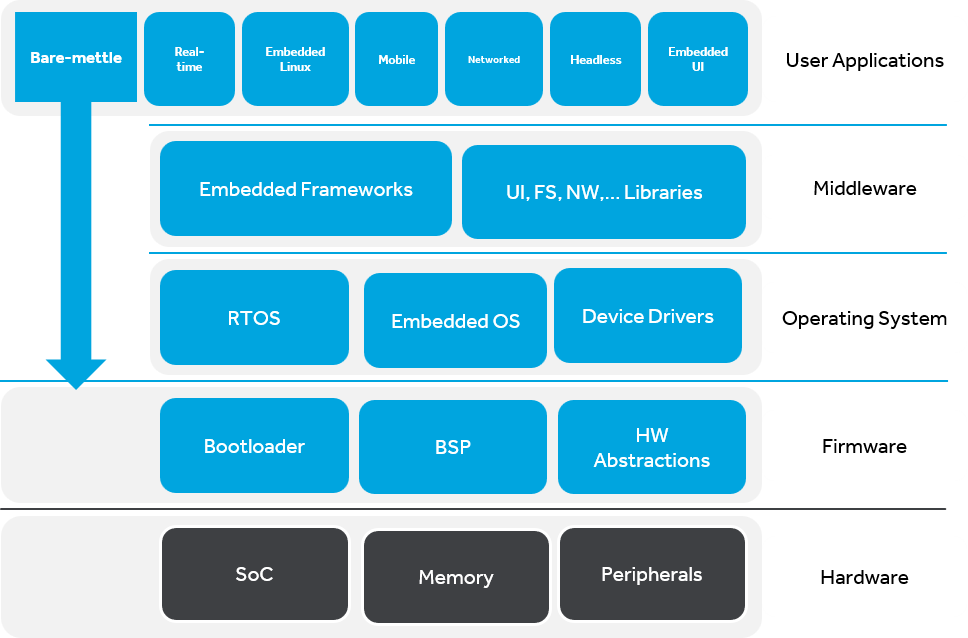1. Introduction
STMicroelectronics has evolved its data processing approach from standard solutions that stream continuous sensor data to MCUs for processing, to edge-based methods that handle data locally within sensors.
The company has introduced innovative MEMS sensors featuring programmable logic and fully programmable DSP architectures. These reduce power consumption, minimize I2C/SPI bus traffic, and decrease MCU workload.
- The programmable logic architecture minimizes power consumption for specific processing models while running FSM and MLC algorithms. When interrupts trigger, the MCU reads model results and can also access raw data.
- The fully programmable DSP executes custom code within the sensor (within computational and compilation limits), with the MCU reading processed data from the sensor.
2. Finite State Machine (FSM)
A finite state machine is a behavioral model comprising a limited number of states with specific transitions between them. Similar to flowcharts, FSMs process both internal and external data (configured via sensor hubs). Multiple state machines can operate in parallel.
FSM methodology suits all applications requiring recognition of user-defined gesture patterns.
STMicroelectronics sensors implement FSM models with adaptive self-configuration (ASC) capability. This allows FSM interrupts to trigger device setting changes (including ODR, FS, BW, power modes, and FIFO), enabling the MCU to remain in sleep mode.
3. Machine Learning Core (MLC)
The machine learning core consists of configurable parameters and decision trees represented as binary trees with two node types:
- Internal nodes split into two child nodes using if-then-else logic to determine the next path (true or false)
- Leaf nodes contain no children, only user-defined class results
MLC applies to inductive applications that identify patterns from observations, including:
- Activity recognition
- Fitness tracking
- Motion intensity detection
- Vibration analysis
- Carry position identification
- Environmental awareness
4. Intelligent Sensor Processing Unit (ISPU)
The ISPU is a compact, ultra-low-power programmable core based on STMicroelectronics' proprietary architecture. This high-performance unit processes both:
- Internal data (from accelerometers, gyroscopes, and temperature sensors)
- External data (via sensor hub connections)
The ISPU executes C-language algorithms compiled through ST's ISPU toolchain and supports NanoEdge AI Studio for generating anomaly detection libraries. Its flexible programming enables implementation of AI and sensor fusion algorithms without MCU involvement.
 ALLPCB
ALLPCB







